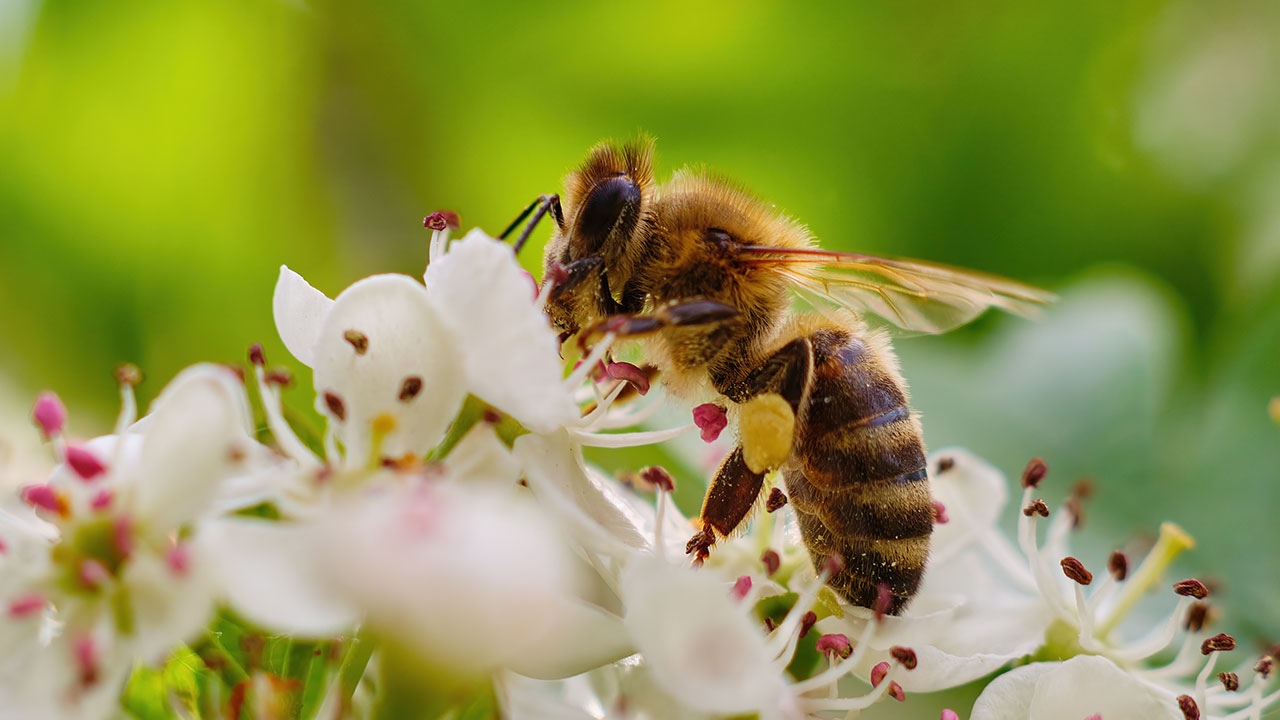
In the grand symphony of life, pollinators play a pivotal role, ensuring the survival of countless plant species and, by extension, the food web that hinges on them.
by John Bagnasco
As gardeners, farmers, and environmentally-conscious citizens, it’s crucial we understand the importance of growing plants that cater to pollinators and work diligently to foster their habitats.
Pollinators, including bees, butterflies, hummingbirds, and bats, among others, help fertilize over 85% of the world’s flowering plants. By facilitating cross-pollination, they enable genetic diversity within plant populations, making them more resilient to pests, diseases, and changing environmental conditions.
Pollinator activity is directly linked to the production of crops that are worth billions of dollars annually. Beyond sustenance, they support the growth of plants that feed our souls. Flowers, trees, and shrubs, which are pollinated, beautify our landscapes, urban parks, and gardens. These plants, in turn, are deeply interwoven into our cultural, spiritual, and artistic narratives.
Plants that are successfully pollinated produce fruits and seeds. These serve as primary food sources for a myriad of animals, from birds to mammals. Thus, by supporting pollinators, we ensure a cascading effect of nourishment across various trophic levels.Given the monumental importance of pollinators, it becomes essential to take steps to protect them. By planting native flowering species, avoiding harmful pesticides, providing habitat like nesting sites and water sources, and supporting organic and sustainable farming, we can give back to these vital creatures that give so much to us.
Growing plants for pollinators is not just a pastime but a profound responsibility. As stewards of the Earth, nurturing habitats where these creatures can thrive will ensure a flourishing, balanced, and bountiful world for all. Pollinator-Friendly Native Plant Lists by state can be found on the Xerces Society for Invertebrate Preservation website.

About The Author
John Bagnasco has been in the gardening industry for over 50 years, starting with a horticulture degree from Michigan State University and following a stint at Frank’s Nursery and Crafts in Detroit.
After publishing his first book “Plants for the Home Vol. I” in 1976, he moved to California to become regional manager and buyer for the Nurseryland division of Sunbelt Nursery Group.
He then became the head buyer for Armstrong Garden Centers based in Glendora, California. John had a part-time affiliation with Creative Promotions for ten years before joining them full-time in October 2000 as a senior editor and radio personality for Garden Compass.
John has also taught horticulture classes at Palomar College and San Diego State University.
He is the host of the DVD “The Essential Guide to Roses,” which also features Bryan Main and Bruce and Sharon Asakawa.
His most recent book is “Planting Designs for Cacti and Succulents”.
Currently, John is a co-host on “Garden America,” an interactive live gardening show that additionally provides podcasts of the broadcasts accessible on all major platforms.
You can contact John here.
